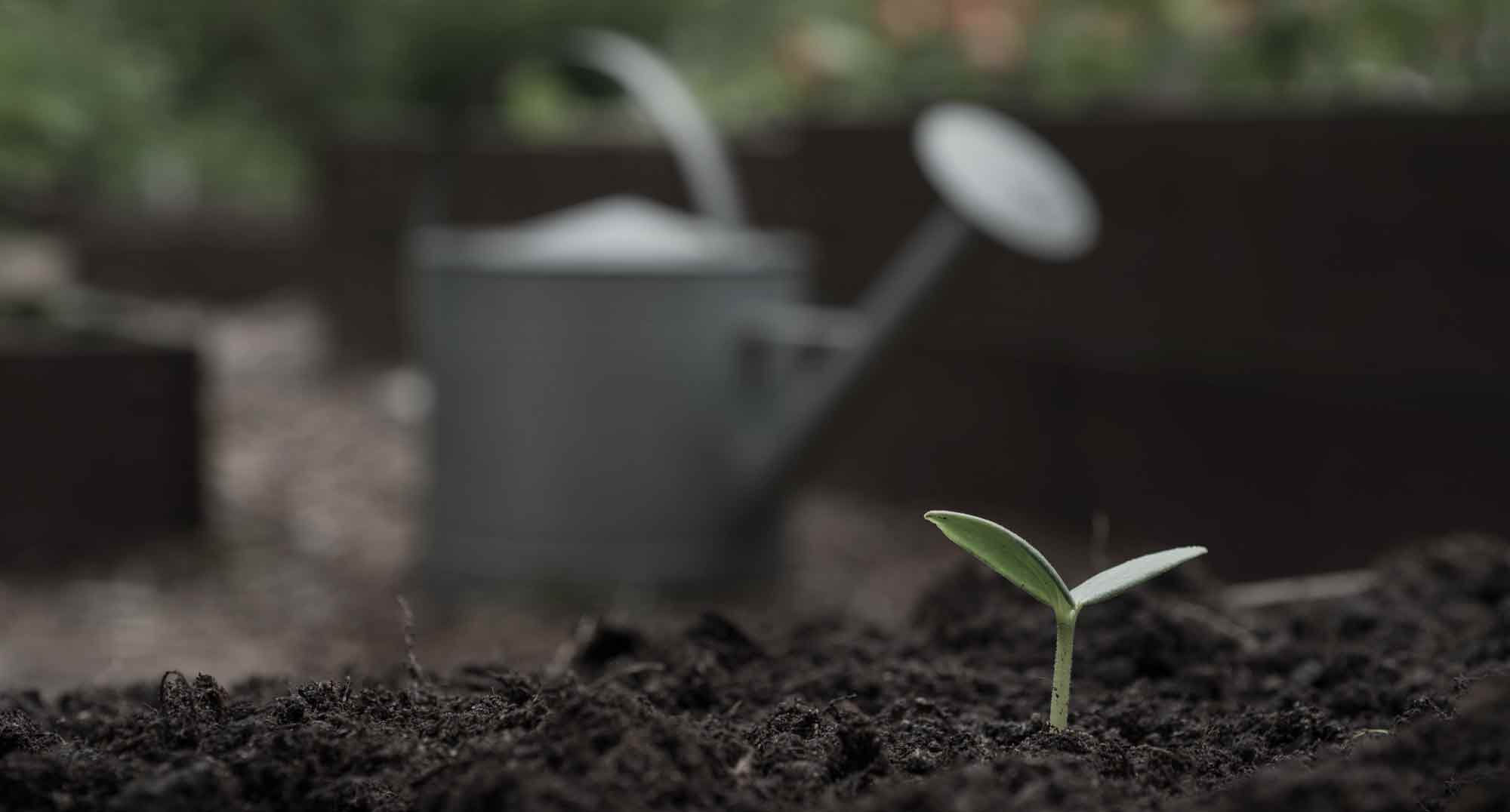Thoughts on Growing Older
LEAH FARISH|GUEST Today I had a lovely conversation with a Christian sister approaching 80—years, not mph. We had just finished Sharon Betters’ and Susan Hunt’s Aging with Grace, and that led us to our own talk on that topic. The book presents “steppingstones” of advice about getting older, and we came up with a few more. Widen your heart After a certain age, we cannot be young, but we can be youthful. The phrase “growing older” really offers a choice—between growing or just getting old. One of the things I notice about a youthful, ageless person is that she keeps growing in relationships. In existing relationships, she allows her friends to change; she lets herself be surprised; she expects her children to develop continually. She is open to new relationships, greeting newcomers at church or events, asking questions, revising first impressions with second and fifth and twentieth ones. One of the godliest, and ever-youthful, people I ever knew, my mother, was still asking the names—and birthdays and life stories-- of her ever-changing roster of caregivers when she was in her late 80’s. We would call or visit to check on her only to hear of the woes or triumphs of the third-grade child of her physical therapist. Her heart remained wide open to people all her life. Paul admonishes us; “You are restricted in your own affections…[W]iden your hearts.” (1 Cor. 6:12-13). It has become fashionable for some of us to nestle into our identity as introverts, but if we want to stay youthful, we will continue to pursue love...




